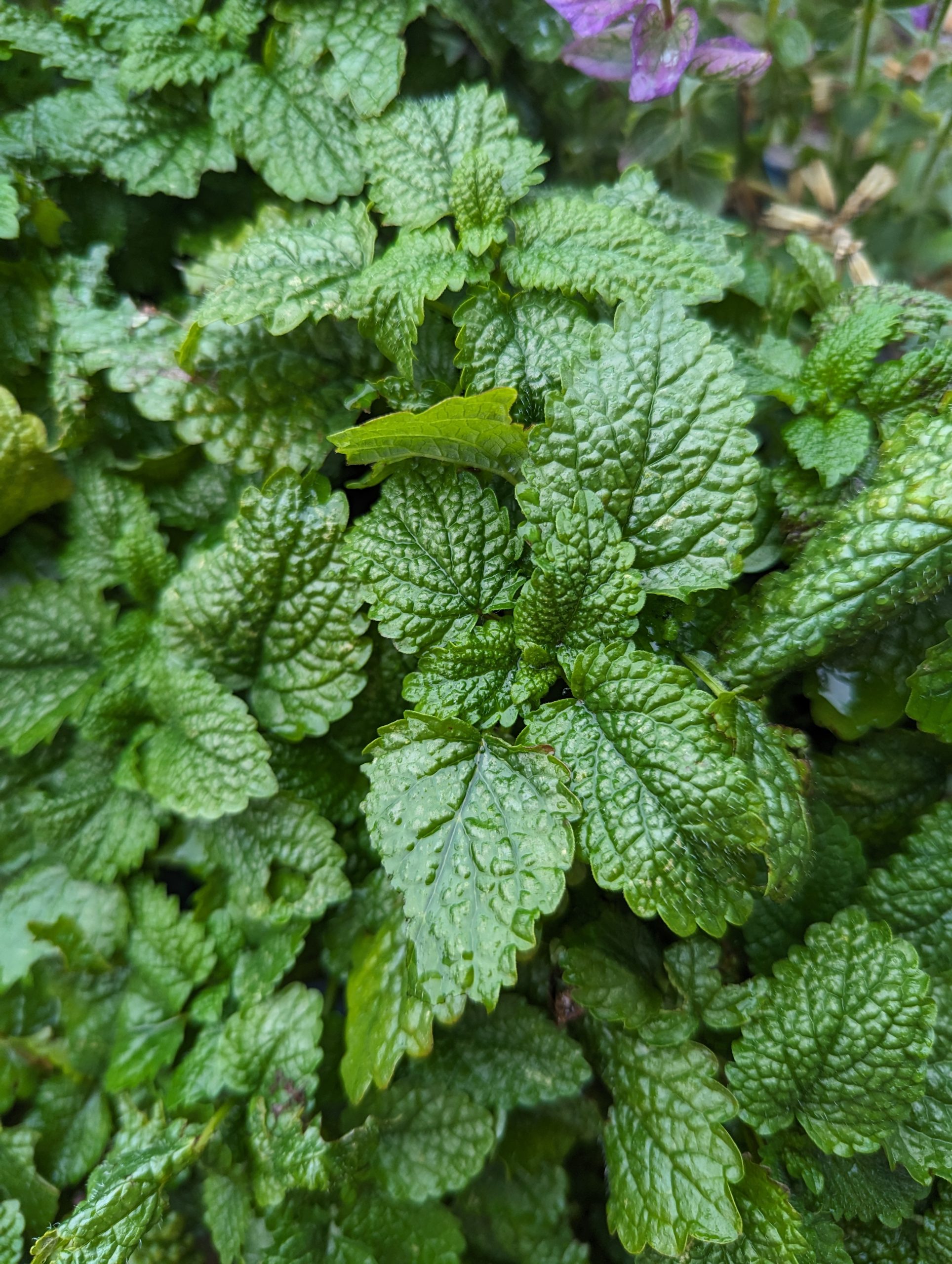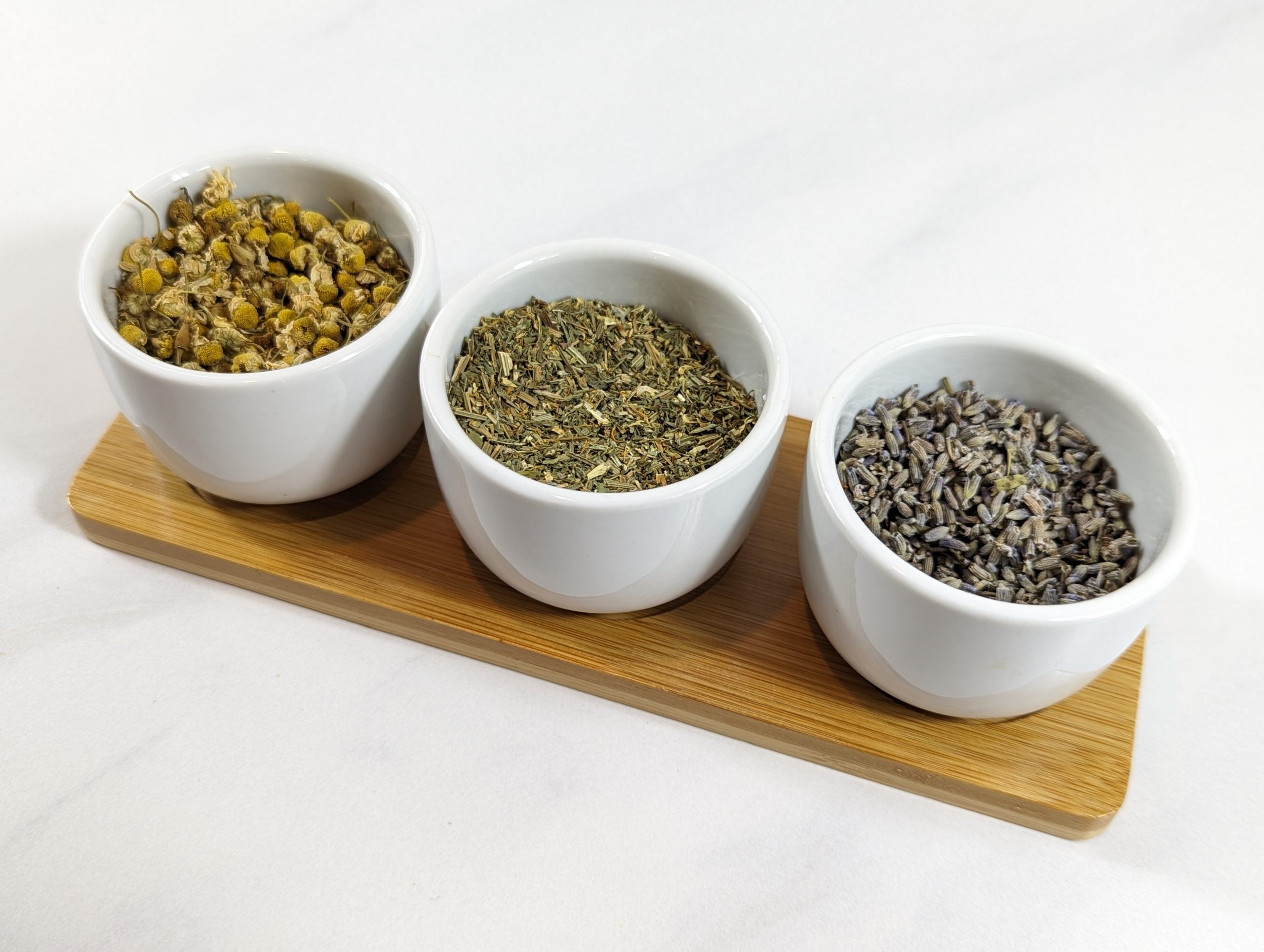The Best Home Remedies for Ear Infection While Pregnant
Introduction to Ear Infections During Pregnancy
Home remedies for ear infection while pregnant are often sought by expectant mothers dealing with the discomfort of ear pain. Pregnancy can weaken the immune system, making you more vulnerable to ear infections. Hormonal changes and increased blood flow during pregnancy can affect the eustachian tubes, leading to fluid buildup in the middle ear. This blockage can cause pain and a feeling of pressure, making ear infections particularly uncomfortable. Understanding how pregnancy affects ear health can help you manage symptoms and seek effective, natural treatments.
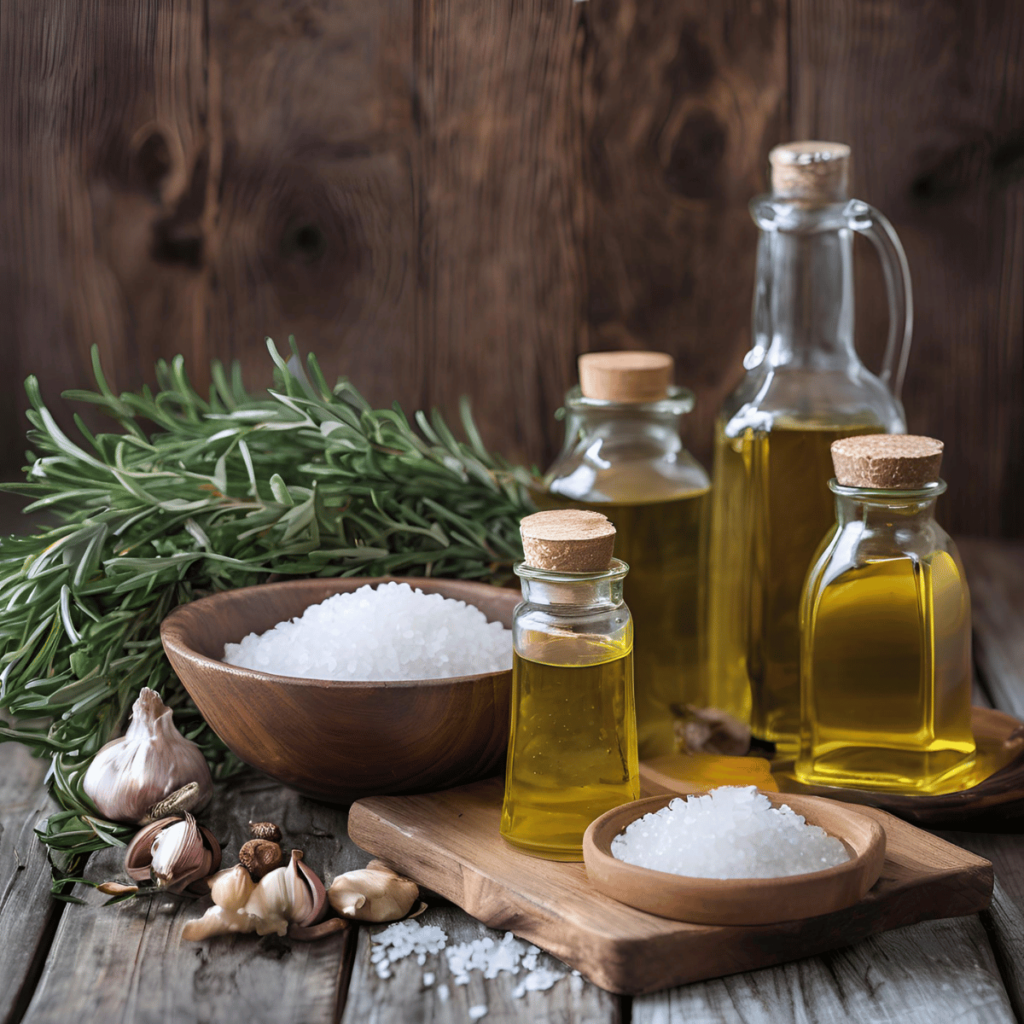
Understanding Ear Infections and Their Causes
Types of Ear Infections
Understanding the different types of ear infections can help you identify the root cause and choose the best remedies.

Middle Ear Infections (Acute Otitis Media)
Middle ear infections occur when fluid builds up behind the eardrum, creating a perfect environment for bacteria or viruses to grow. This type of infection is common in children but can also affect pregnant women due to changes in the body.
During pregnancy, hormonal shifts can lead to swelling and dysfunction of the eustachian tubes, which connect the middle ear to the back of the throat. When these tubes are blocked, fluid cannot drain properly, causing symptoms like ear pain, a feeling of fullness in the ear, fever, and temporary hearing problems. The risk of acute otitis media increases if you have a sinus infection or allergies, which can further irritate the eustachian tubes.
Outer Ear Infections (Otitis Externa)
Outer ear infections, commonly called swimmer’s ear, affect the ear canal that runs from the outer ear to the eardrum. This type of infection is often caused by moisture trapped in the ear, creating an environment where bacteria or fungi can thrive. Symptoms include itching, redness, irritation, and varying degrees of pain that may worsen when touching the ear.
Pregnancy can make the skin in and around the ear more sensitive due to hormonal changes. These changes may reduce the ear’s natural ability to clean itself and fight off infections, increasing the risk of outer ear infections. Keeping the ear dry and avoiding cotton buds or other objects in the ear canal can help prevent this condition.
Sinus Infections and Nasal Congestion
Sinus infections and nasal congestion often contribute to ear infections by creating pressure in the ear and obstructing fluid drainage. When nasal passages are blocked due to a sinus infection or cold, the eustachian tubes can become affected as well. This results in ear pressure, pain, and a higher likelihood of infections in the middle or inner ear.

During pregnancy, increased blood flow and hormonal changes can cause nasal swelling and chronic congestion. These factors make pregnant women more susceptible to sinus-related ear infections. Addressing sinus issues promptly with remedies like saline sprays or steam inhalation can help reduce ear pressure and the risk of infection.
By understanding these types of ear infections, you can better identify symptoms and take the necessary steps for relief and prevention.
Why Pregnant Women Are More Susceptible
Pregnancy affects the immune system, making expectant mothers more prone to infections, including ear infections. Hormonal changes increase blood flow and can lead to swelling (inflammation) in the nasal and ear passages, blocking the eustachian tubes and promoting fluid buildup. This creates a fertile ground for both bacterial and viral infections.
Additionally, untreated ear infections can result in complications, such as persistent ear pain or hearing problems. If the infection spreads or worsens, it may lead to more severe conditions, which is why it’s essential to treat ear infections promptly.

Symptoms of an Ear Infection During Pregnancy
Common Symptoms
Ear infections during pregnancy often come with a range of uncomfortable symptoms. These include ear pain, fluid buildup, and a persistent feeling of pressure in the ear. Some women may experience hearing problems, which can be temporary but concerning. Fever and a sore throat are also common, especially if the infection is related to a cold or sinus congestion.
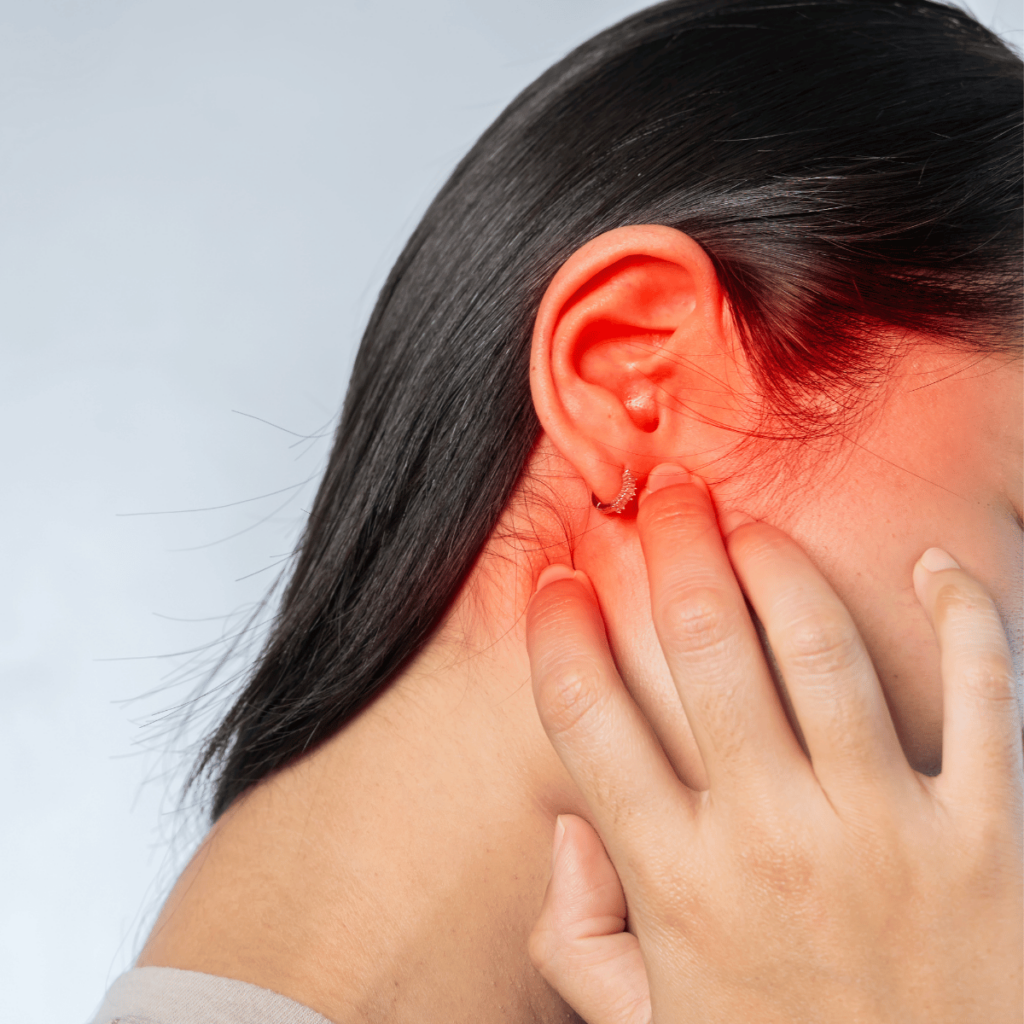
When to Seek Medical Attention
It’s important to know when home remedies for ear infection while pregnant may not be enough. Seek medical attention if you have a high fever, severe pain, or symptoms that worsen over time. These could indicate a more serious infection requiring professional care.
Risk Factors
Certain factors increase the likelihood of developing an ear infection during pregnancy. These include sinus infections, nasal congestion, and chronic ear infections. Smoking or exposure to secondhand smoke can also heighten your risk. Understanding these risk factors can help you take preventative steps to avoid infections.
Effective Home Remedies for Ear Infection While Pregnant
Natural Pain Relief Options
Warm Compresses and Heating Pads
Applying a warm compress to the affected ear is a simple and effective way to reduce ear pain and improve blood flow. The heat can help ease inflammation, providing relief from discomfort. This trick particularly works in an airplane with the altitude change! It was the only way I could fly as a child. If you don’t have a warm compress, add warm water to a cup, cupping your ear over the warm water. The steam/warmth from the water will help soothe your ear.
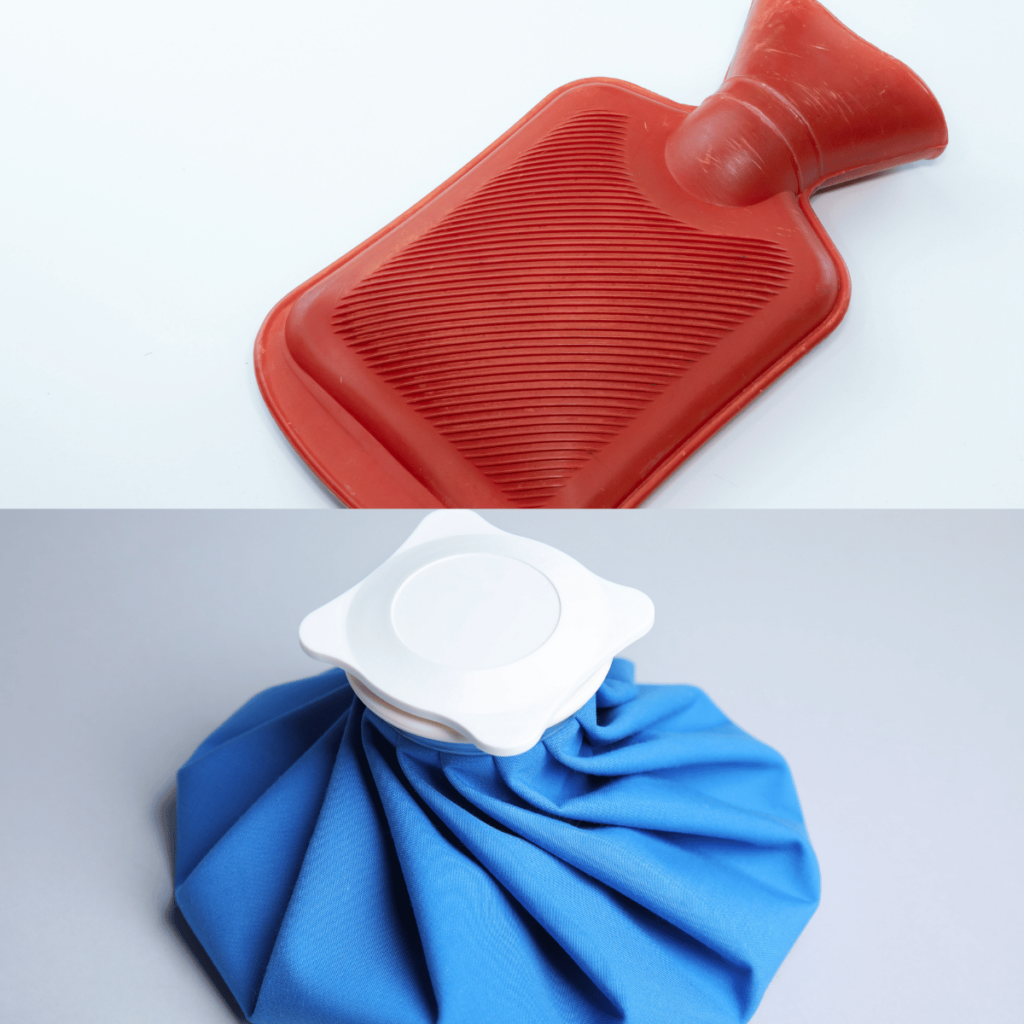
Cold Compresses or Ice Packs
Cold compresses are useful for reducing swelling and numbing severe pain. Use a cloth-wrapped ice pack on the ear in 10-minute intervals for safe and soothing relief.
Essential Oils for Ear Infection Relief
Tea Tree Oil
Tea tree oil is known for its anti-inflammatory and antibacterial properties. It may help fight infections and reduce pain when used carefully. Check out my blog post that goes in more depth on this particular ear infection remedy.
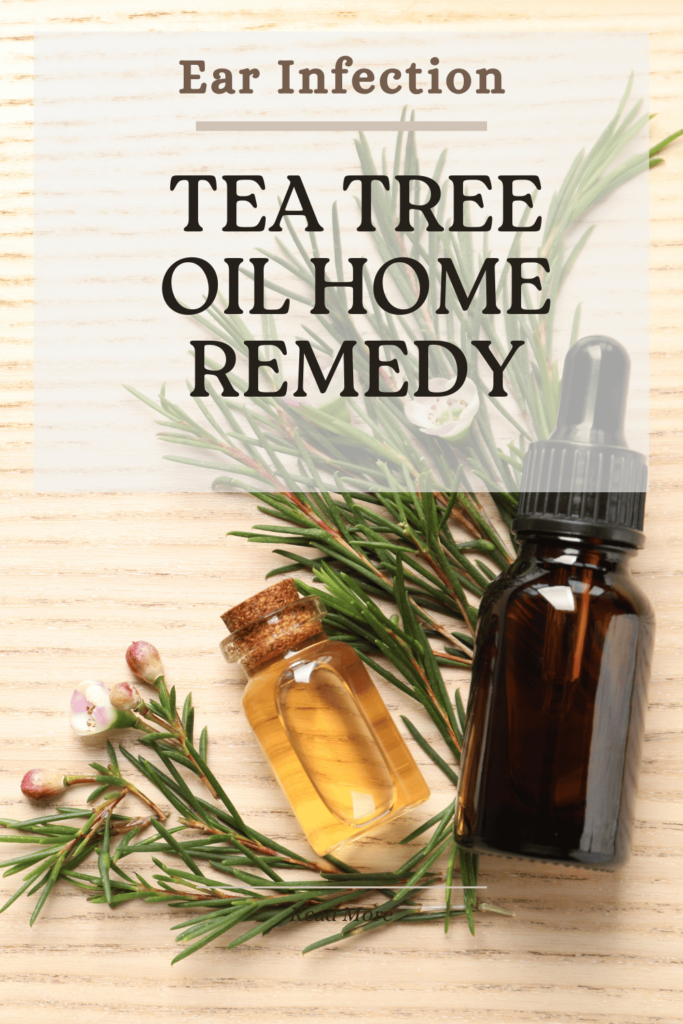
Lavender and Eucalyptus Oils
These essential oils are excellent for relieving pain and reducing nasal congestion. They can also promote relaxation during times of discomfort.
Using a Carrier Oil
Essential oils should always be diluted in a carrier oil, such as coconut or olive oil, before being applied near the ear. This ensures safety for expectant mothers.
Home Treatments for Fluid Buildup
Fluid buildup in the ear is a common cause of discomfort during an ear infection. These safe and natural remedies can help alleviate symptoms and promote drainage.
Warm Olive Oil
Warm olive oil has long been a natural remedy for ear discomfort. When used correctly, it can provide soothing relief by softening wax and helping to loosen fluid trapped in the ear. To use, gently warm a small amount of olive oil (make sure it’s not hot to avoid burns) and place a few drops into the affected ear. Tilt your head for a minute or two to allow the oil to coat the ear canal, then let it drain out. This can also reduce irritation and relieve mild pain.
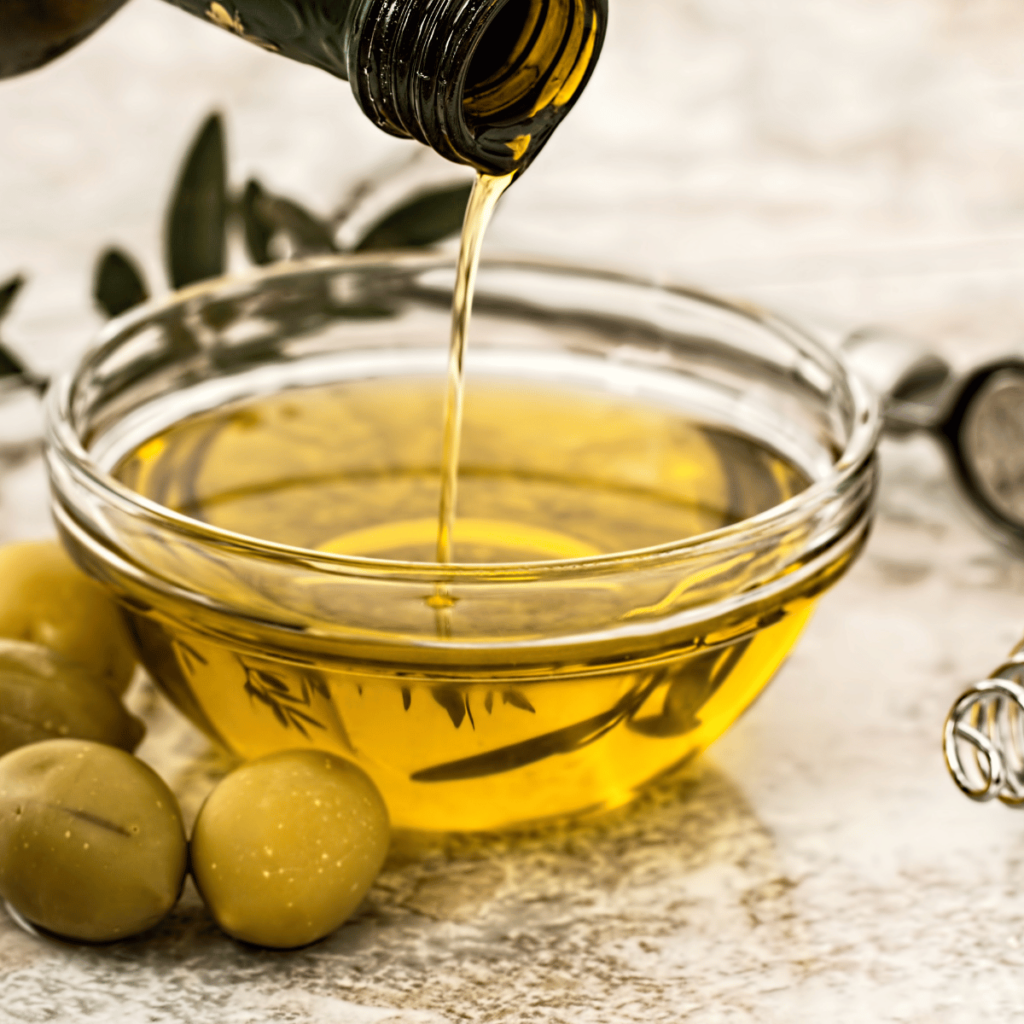
Hydrogen Peroxide
Hydrogen peroxide is an effective and affordable way to clean the outer ear and help remove blockages caused by earwax. To use, place a drop or two of 3% hydrogen peroxide into the ear. Allow it to bubble for a few moments, which helps loosen debris and soften wax. Afterward, gently wipe away the excess with a tissue or cotton ball.
For more thorough cleaning, ear lavage kits are available. These are especially useful for maintaining ear health in households with children or anyone prone to buildup. Personally, I use these kits occasionally when I notice my children struggling to hear clearly. They’re simple, effective, and safe when used as directed.

Apple Cider Vinegar
Apple cider vinegar is well-known for its natural antibacterial properties. To combat bacterial infections, mix equal parts apple cider vinegar and water. Soak a cotton ball in the solution and place it gently at the entrance of the ear (do not insert it deeply). Let the solution work for 10–15 minutes before removing the cotton ball. This method can help address bacterial growth while being gentle on the ear.
Herbal Remedies
Herbal Ear Drops
Herbal ear drops are a gentle and effective option for reducing discomfort. Chamomile and garlic are particularly useful for their soothing and antimicrobial properties. One of my favorite remedies involves garlic and mullein-infused oil. Over the years, I’ve seen fantastic results with this combination, especially for easing ear irritation and encouraging drainage. Ensure the drops are properly diluted and safe for pregnant women before use.
Saltwater Gargle
Although it doesn’t directly treat the ear, gargling with salt water can help reduce throat irritation and relieve pressure in the ears by clearing the nasal and throat passages. Mix half a teaspoon of salt in a glass of warm water and gargle several times a day. This simple remedy also helps flush out mucus and reduce inflammation, promoting overall ear and sinus health.

By using these remedies, you can address fluid buildup safely and effectively, offering relief without the need for harsh medications. Always consult a healthcare provider if symptoms persist or worsen.
Improving Nasal and Ear Health
Saline Nasal Sprays
Saline sprays can help clear nasal passages, which reduces ear pressure and promotes drainage of fluid from the eustachian tubes.
Steam Inhalation
Inhaling steam is a natural way to relieve nasal congestion. Add a few drops of eucalyptus oil for added benefits and improved drainage of the eustachian tubes.
Lifestyle Adjustments and Prevention Tips
Managing Ear Pressure
Sleep Position
Sleeping on the side of the affected ear can encourage fluid to drain naturally. This position uses gravity to relieve pressure and reduce discomfort.

Avoiding Irritants
Stay away from cigarette smoke and common allergens, as they can irritate the nasal passages and eustachian tubes. Reducing exposure to these triggers helps prevent further inflammation and fluid buildup.
Preventing Future Ear Infections
Strengthen Your Immune System
Maintaining a strong immune system is key. Focus on proper nutrition with immune-boosting foods like fruits, vegetables, and lean proteins. Staying hydrated is equally important, as it supports overall health and helps clear mucus.
Taking something to help boost your immune system like elderberry syrup can also prove helpful. If you have not made elderberry syrup before, you can see the blog post linked below, or check out the syrup kit available here to get you going with a tried and true recipe.

Manage Nasal Congestion and Sinus Issues
Prevent ear infections by addressing nasal and sinus congestion early. Use saline sprays or steam inhalation to keep nasal passages clear and reduce the risk of fluid building up in the ears. Small preventative steps can make a big difference in avoiding future discomfort.
When to See a Healthcare Provider
Not all ear infections can be treated with home remedies. It’s essential to recognize when medical attention is necessary. Severe pain, a high fever, or symptoms that worsen despite treatment are clear signs to consult a healthcare provider.
Untreated infections can lead to serious complications. Bacterial growth may cause the infection to spread, potentially leading to temporary hearing loss or more severe medical conditions. Additionally, delaying appropriate treatment can increase the risk of antibiotic resistance if stronger interventions become necessary. Seeking care early helps prevent these risks and ensures a smoother recovery.

Overview
Managing home remedies for ear infection while pregnant can provide effective relief for many symptoms, especially when natural and safe methods are used. Warm compresses, essential oils, and saline sprays are excellent options to reduce discomfort and promote healing.
However, it’s equally important to know when to seek professional advice. Severe cases, high fevers, or worsening symptoms should never be ignored. Medical care is crucial for protecting both your health and your baby’s well-being.
Remember, most ear infections can be managed successfully with home remedies and a proactive approach. With the right care and attention, expectant mothers can find relief and maintain a healthy, comfortable pregnancy.
Save for Later!
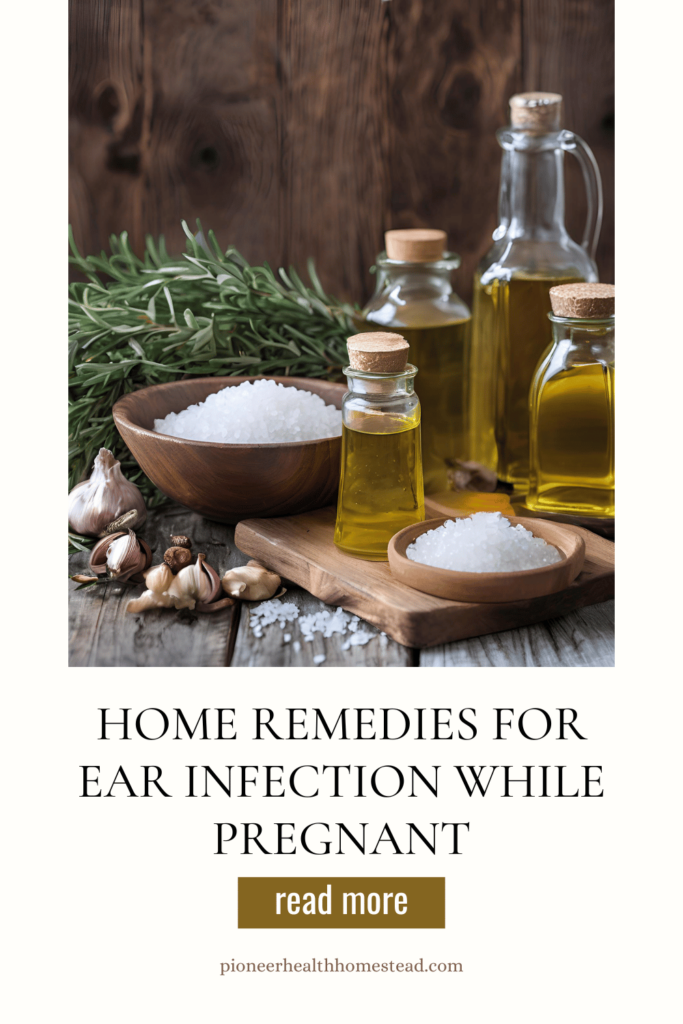
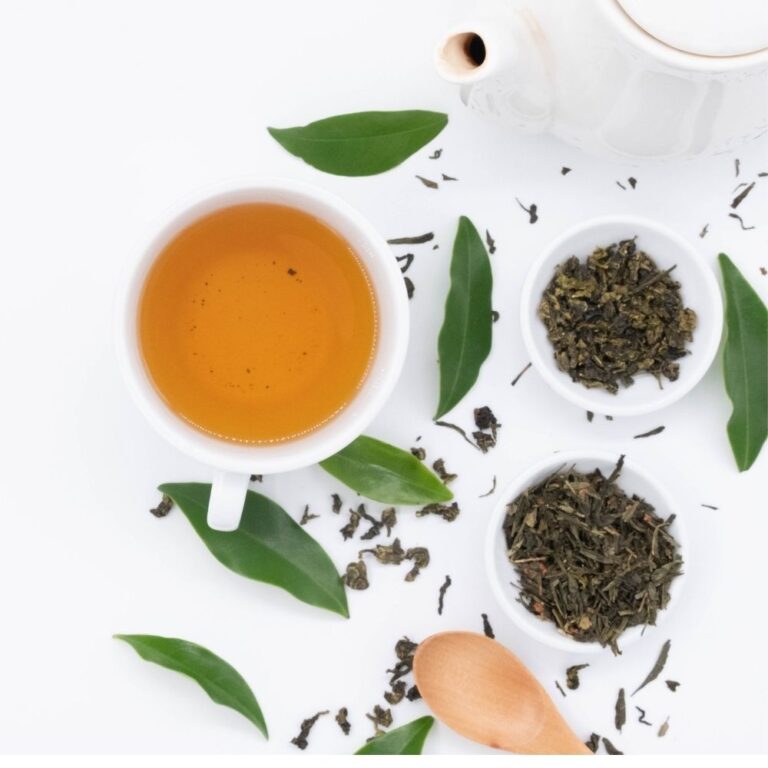
Green Tea Vs Herbal Tea: The Best Complete Tea Guide
Sharing is caring! Facebook Pinterest X Green Tea Vs Herbal Tea: The Best Complete Tea Guide Understanding the Differences Green tea vs herbal tea is a popular debate among tea lovers worldwide. Both offer unique flavors, health benefits, and caffeine content. Tea has a rich history and is enjoyed in many cultures. From Chinese green…
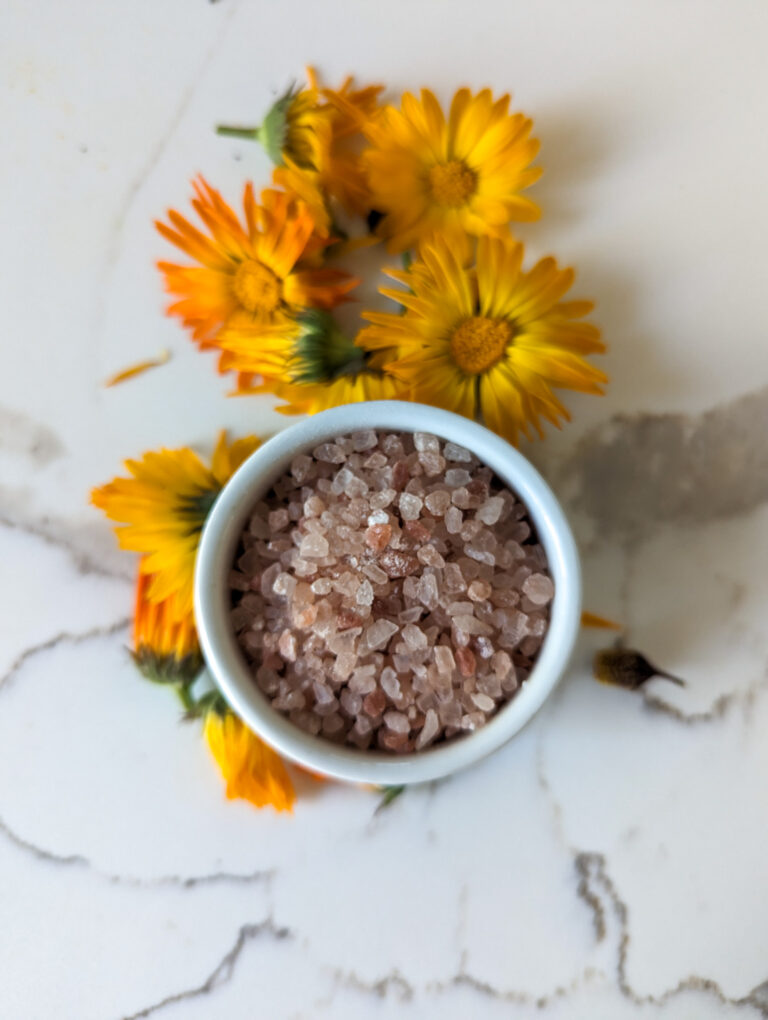
How to Make Bath Salts Without Epsom Salt: Free Recipe
How to Make Bath Salts Without Epsom Salt: Free Recipe How to Make Bath Salts Without Epsom Salt Homemade bath salts without Epsom salt are a great way to enjoy a luxurious soak. You can use natural ingredients like coarse sea salt, baking soda, and pink Himalayan salt for a soothing experience. A relaxing bath…

Homesteading in California: How to Start at Any Stage
Homesteading in California: How to Start at Any Stage How Homesteading in California is Possible Homesteading in California is a journey that looks different for everyone, depending on where you live in this vast and diverse state. From the deserts dotted with Joshua trees in the south, to the rugged mountain ranges in the north,…

How to Make Peppers Grow Faster: Guide and Easy Tips
How to Make Peppers Grow Faster: Guide and Easy Tips How to make peppers grow faster is a common question among home gardeners seeking to maximize their growing season. Whether you’re nurturing sweet peppers, green peppers, or hot pepper plants, creating ideal conditions is essential for pepper success. The best way to achieve healthy pepper plants…
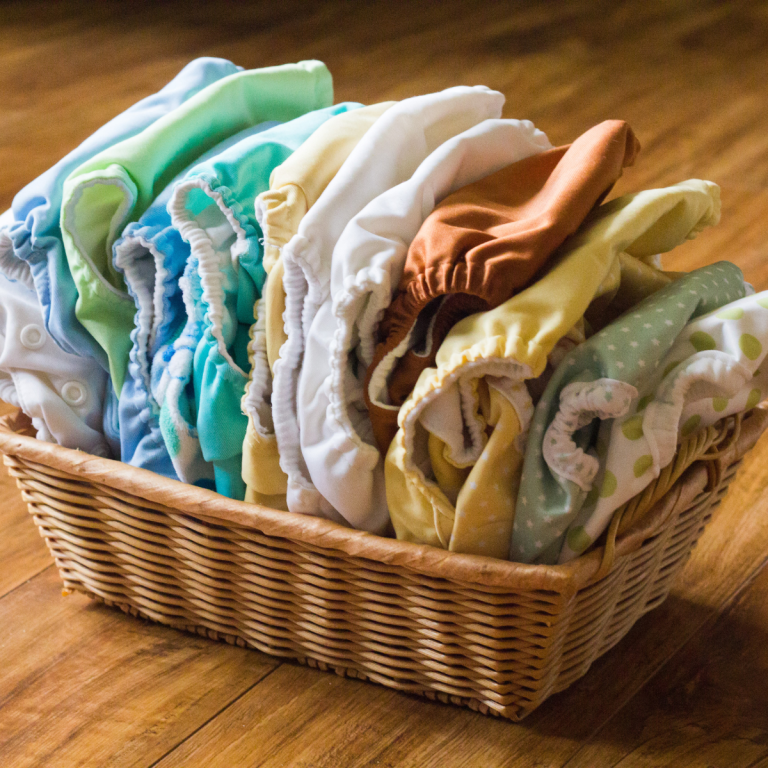
The Different Types of Cloth Diapers: Ultimate Guide
The Different Types of Cloth Diapers: Ultimate Guide The different types of cloth diapers offer a sustainable and eco-friendly alternative to disposable diapers for your baby. As a mom of five and a Registered Nurse, I’ve seen the many benefits of reusable cloth diapers firsthand. This guide will help you understand the major types of…
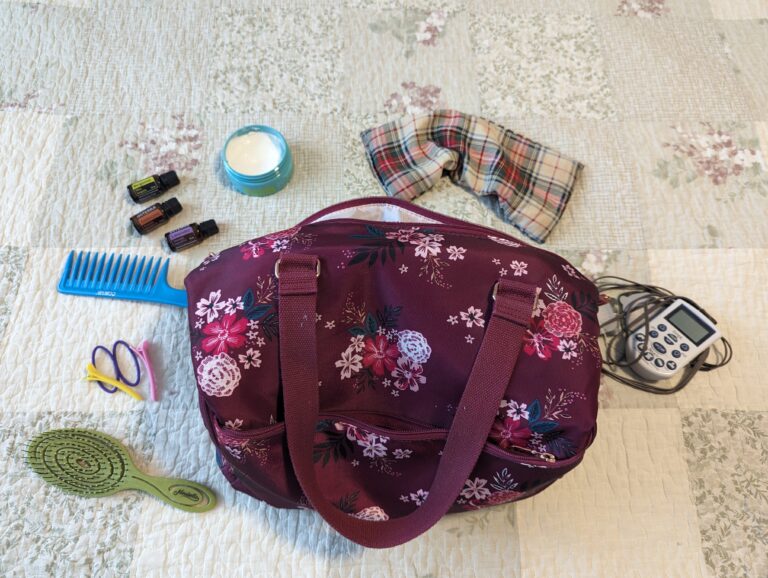
The Best Doula Bag Essentials Kit for Birth and Postpartum
The Best Doula Bag Essentials Kit for Birth and Postpartum The Best Doula Bag Essentials Kit for Birth and Postpartum A well-stocked doula bag is essential for supporting women during birth and postpartum. As a Registered Nurse, mother of five, and former Navy Hospital Corpsman, I’ve experienced the birthing world from many angles. I’ve worked…

